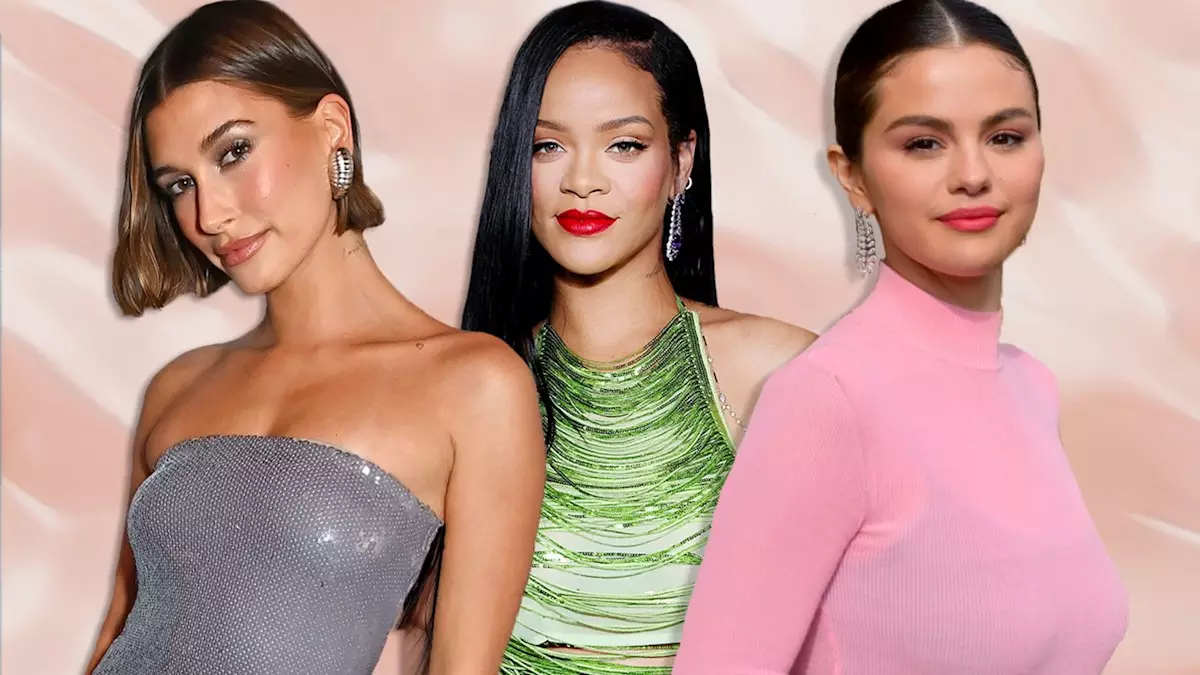The beauty industry has experienced a significant shift in power dynamics, with celebrity-founded brands taking center stage. In fact, in 2023, these brands collectively surpassed $1 billion in sales for the first time, according to NielsenIQ. This growth has outpaced the traditional beauty category by a significant margin, indicating the increasing influence that celebrities wield in the industry. Zoe Scaman, the Founder of Bodacious.be, emphasizes that there is a clear distinction between successful celebrity brands and those that are destined to fail.
One of the key factors contributing to the success of celebrity beauty brands is the leverage that celebrities have with their pre-existing fan bases. Fans are naturally drawn to products endorsed or created by their favorite idols, as they admire their looks and trust their recommendations. The rise of social media has further amplified this effect, enabling celebrities to connect directly with their fans and showcase products in a more personal and engaging way.
Celebrity beauty brands are also leading the way in promoting inclusivity and diversity within the industry. Unlike traditional beauty giants that may have catered to a limited range of skin tones and features, celebrity brands are embracing a wider spectrum of beauty. For example, Fenty Beauty by Rihanna revolutionized the foundation market by offering an unprecedented 40 shades, resonating with consumers who value authenticity and representation. This commitment to diversity fosters brand loyalty and drives sales.
Another critical factor in the success of celebrity beauty brands is their ability to go beyond makeup and represent more profound values and beliefs. Brands like Rare Beauty, founded by Selena Gomez, have garnered mass appeal not just because of the celebrity’s status, but also because of the causes they support. For instance, Rare Beauty allocates 1% of its sales to mental health research and medical care, resonating with consumers who value social responsibility.
Despite the rapid growth of celebrity beauty brands, challenges remain on the horizon. Maintaining quality and innovation will be crucial for sustained success in such a competitive landscape. Zoe Scaman highlights the importance of product efficacy, distribution partnerships, market relevance, and marketing strategy. While celebrity endorsements can drive initial interest, they alone cannot guarantee long-term loyalty. Celebrity brands must compete with high-quality products from specialist retailers and startups to stay ahead of the curve.
At the end of the day, the era of dismissing celebrity beauty brands as passing fads is long gone. The power and influence wielded by celebrities in the beauty industry are here to stay, shaping consumer preferences and driving innovation in the market.

